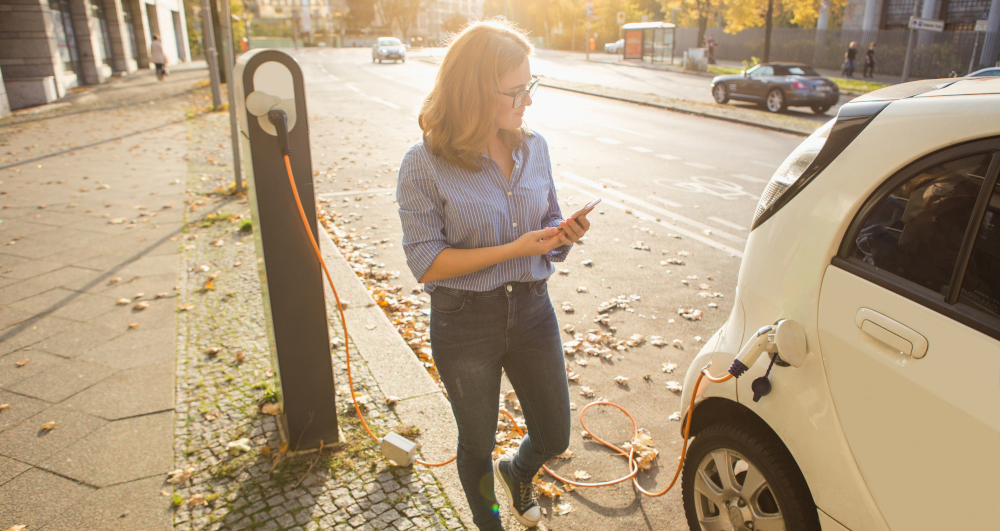Electric Vehicle Charging Points
With the UK government announcing a ban on the sale of all new petrol and diesel vehicles by the year 2030, installing EV charge points has become more critical than ever before. Without a widespread network of both domestic and commercial EV chargers, drivers will find it challenging to secure a reliable source of power for their vehicles.
But what is the precise role that EV charge points in the infrastructure of the future?
How EV Charge Points Will Change Driving Forever
Within a decade, the majority of vehicle owners won’t be visiting petrol stations. Instead, they’ll be “refuelling” their cars at home. How? Through EV charging points. While filling up petrol only takes a few minutes, charging an EV battery does take considerably longer. However, it’s far more convenient.
Drivers with EV chargers at home will no longer need to search for petrol stations when low on fuel. All they will need to do is return home, connect up their car to their domestic EV charger, and leave it to charge while carrying on with their day or evening.
Are There Different Types of EV Charge Points?
Yes, there are. Firstly, you can charge your vehicle either by plugging it into a socket and taking power from the grid. Alternatively, you can use a designated EV charge point.
There are different types of connections too. For domestic environments, you can use a standard three-pin plug which you connect to any socket. Alternatively, you can use a socketed connector which you can connect to using either a type one or type two cable. Finally, there are tethered EV charge points which have the cable attached to the EV charger for you to plug into your car.
It’s always a good idea to speak to an experienced EV charge point installer to discuss which type is the best fit for your specific circumstances.
 Installing an EV Charge Point Looks Expensive, How Can I Reduce the Cost?
Installing an EV Charge Point Looks Expensive, How Can I Reduce the Cost?
EV charge points do indeed cost hundreds of pounds. However, there is help available. To encourage the adoption of electric cars the government has introduced a national grant for EV Chargers.
Known as the OLEV grant (or the Electric Vehicle Homecharge Scheme to give it the proper name), this financial incentive allows for a contribution of up to 75% of the installation costs of an EV Charger, up to the cost of £500 for a single point domestic user. For commercial installations (also known as the Workplace Charging Scheme), the grant allows up to the cost of £300 per charge point for up to a maximum of 20.
To qualify for a contribution towards installing your charge point EV users must:
• Have the EV charge point installed by an OLEV-approved installer
• Own a vehicle eligible under the scheme
• Be the registered owner or leaseholder of an electric vehicle
• Have off-street parking
• Ensure the EV charger is placed a reasonable distance (approx. 10m) of the electricity distribution board.
How Do I Get Started with an EV Charge Point Installer?
The best place to start is by contacting an OLEV-approved installer such as ourselves. That way, you can ask us any of the questions about the OLEV application process and any other considerations you need to take into account regarding the works that will take place on your residential or commercial property.
We have already installed hundreds of EV charge points right across the North West, and every day we are helping new customers to reduce their impact on the environment, improve air quality, and enjoy the convenience of home and office charging.
So whether you are a business or a homeowner, if you want to apply for an EV charge point with the help of an experienced EV charge point installer, speak to the experts at Applegarth today.
Get In Touch
If you are interested in having an EV Charger installed or have any questions then call us on 0151 649 8350. Alternatively, you can email us at info@applegarth.co.uk. You can also apply for an EV Charger installation using our OLEV Grant application form. We install EV Charge points across Wirral, Liverpool, Merseyside, Chester, Manchester, Cheshire, the North West & North Wales.







